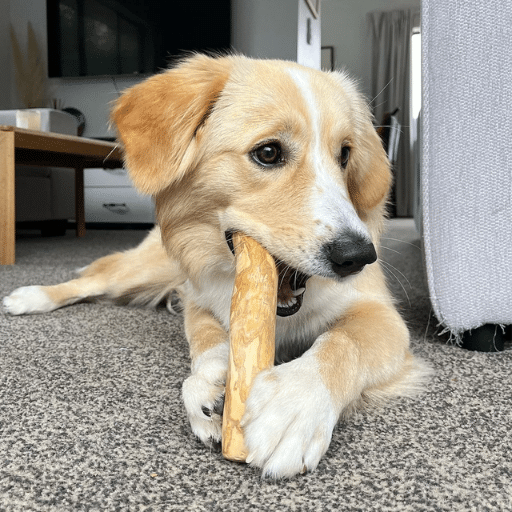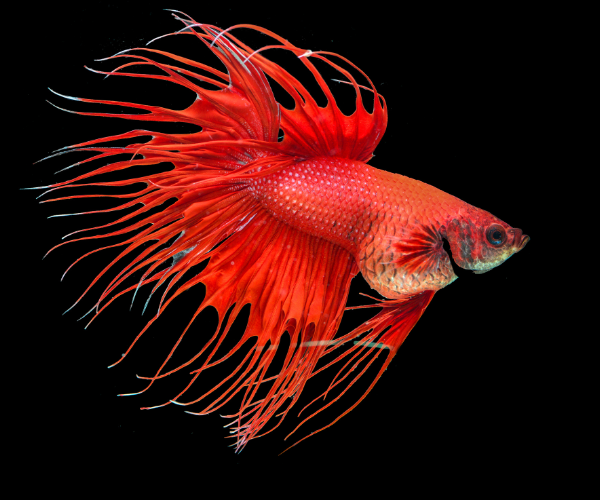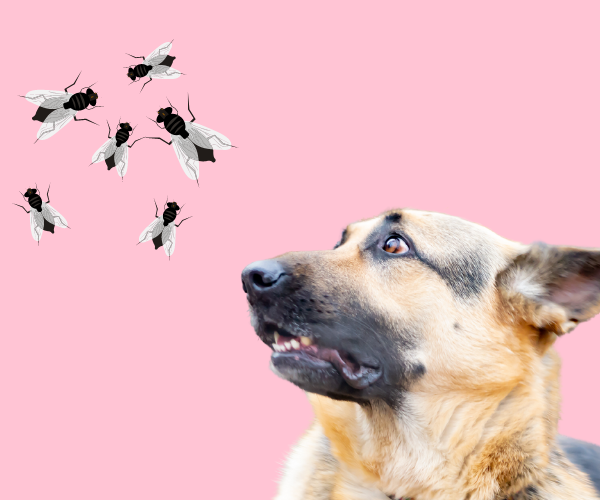Introduction
As pet owners, we all want the best for our furry companions. Whether it’s nutritious food, ample exercise, or fun toys, we strive to give them everything they need for a healthy and happy life. One of the key aspects of a dog’s health is dental care, which often comes in the form of chew toys. Chewing helps dogs keep their teeth clean, relieve anxiety, and stay mentally stimulated.

Recently, coffee wood sticks have emerged in the market as an eco-friendly, durable chew toy option. These sticks, derived from the pruned branches of coffee plants, have generated interest due to their sustainability and novelty. However, pet owners are rightfully questioning their safety. After all, our primary concern is the well-being of our canine friends.
Understanding Coffee Wood Sticks
Coffee wood sticks are a natural product that is typically devoid of any artificial elements, preservatives, or additives. They’re hard, durable, and can provide a satisfying chew experience for dogs. However, the physical properties of these sticks also warrant careful consideration regarding their use as a chew toy.
The Nutritional Value of Coffee Wood Sticks
Chew toys are typically not a significant source of nutrition for dogs. Their main function is to satisfy a dog’s instinctual need to chew, promoting oral health and mental stimulation. As such, coffee wood sticks, like other chew toys, offer minimal nutritional value.
The Safety of Coffee Wood Sticks for Dogs
According to the American Kennel Club (AKC), about 52% of canine health issues are related to oral diseases, and chew toys can contribute significantly to the dental health of dogs. However, it’s important to remember that no chew toy is entirly without risk, coffee wood sticks included.
The hardness of coffee wood might pose a risk of tooth damage, particularly for aggressive chewers. Moreover, if the wood splinters, it could create choking hazards or cause intestinal obstruction. Therefore, the safety of coffee wood sticks, like all chew toys, is conditional on the individual dog’s behavior and proper supervision from the owner.
How to Safely Introduce Coffee Wood Sticks to Your Dog
Introducing new chew toys should always be a supervised activity. Monitor your dog’s interaction with the coffee wood stick, observing their chewing behavior and the stick’s durability under pressure. In the event of aggressive chewing or splintering, it might be safer to opt for a different type of chew toy.
Alternative Chewing Options for Dogs
There are countless chewing options available for dogs, each with its pros and cons. Some alternatives to coffee wood sticks include rubber toys, dental chews, and rawhide. The AKC advises that the choice of chew toy should be based on a dog’s age, breed, size, and chewing habits.
Frequently Asked Questions About Coffee Wood Sticks for Dogs
Many pet owners wonder if coffee wood sticks contain caffeine. Given their origin, it’s a valid question, but the answer is no – coffee wood sticks do not contain caffeine. Another common query revolves around choosing the right size of coffee wood stick for a particular breed or size of dog. As with any chew toy, it’s crucial to select an appropriately sized toy to minimize any safety risks.
Expert Opinions on Coffee Wood Sticks for Dogs
Expert opinion on coffee wood sticks for dogs is mixed. Some veterinarians and pet behaviorists endorse their use as a safe and natural chew toy, provided they are used responsibly and under supervision. Others express reservations, given the potential risks associated with any hard, wooden chew toy.
- Why Is My Dog Afraid of Flies? [Guide]
- Can I Use Ajax to Wash My Dog? [Guide]
- Why Does My Dog Keep Biting His Privates?
Conclusion
In conclusion, coffee wood sticks offer an intriguing, eco-friendly option for pet owners seeking a sustainable chew toy for their dogs. However, like all chew toys, they are not without risks. Their safety largely depends on individual dogs’ behavior, the owners’ vigilance, and appropriate sizing.
Although chew toys can contribute significantly to a dog’s oral health, it’s crucial to remember that they are not a replacement for regular dental check-ups and professional cleanings. According to the AKC, dental disease affects a staggering 80% of dogs over the age of three, so regular veterinary care is essential.

Doctor of Veterinary Medicine (D.V.M.) at Nation Taiwan University,Master of Science (M.S.) in Biomedical Engineering at National Taiwan University of Science and Technology




